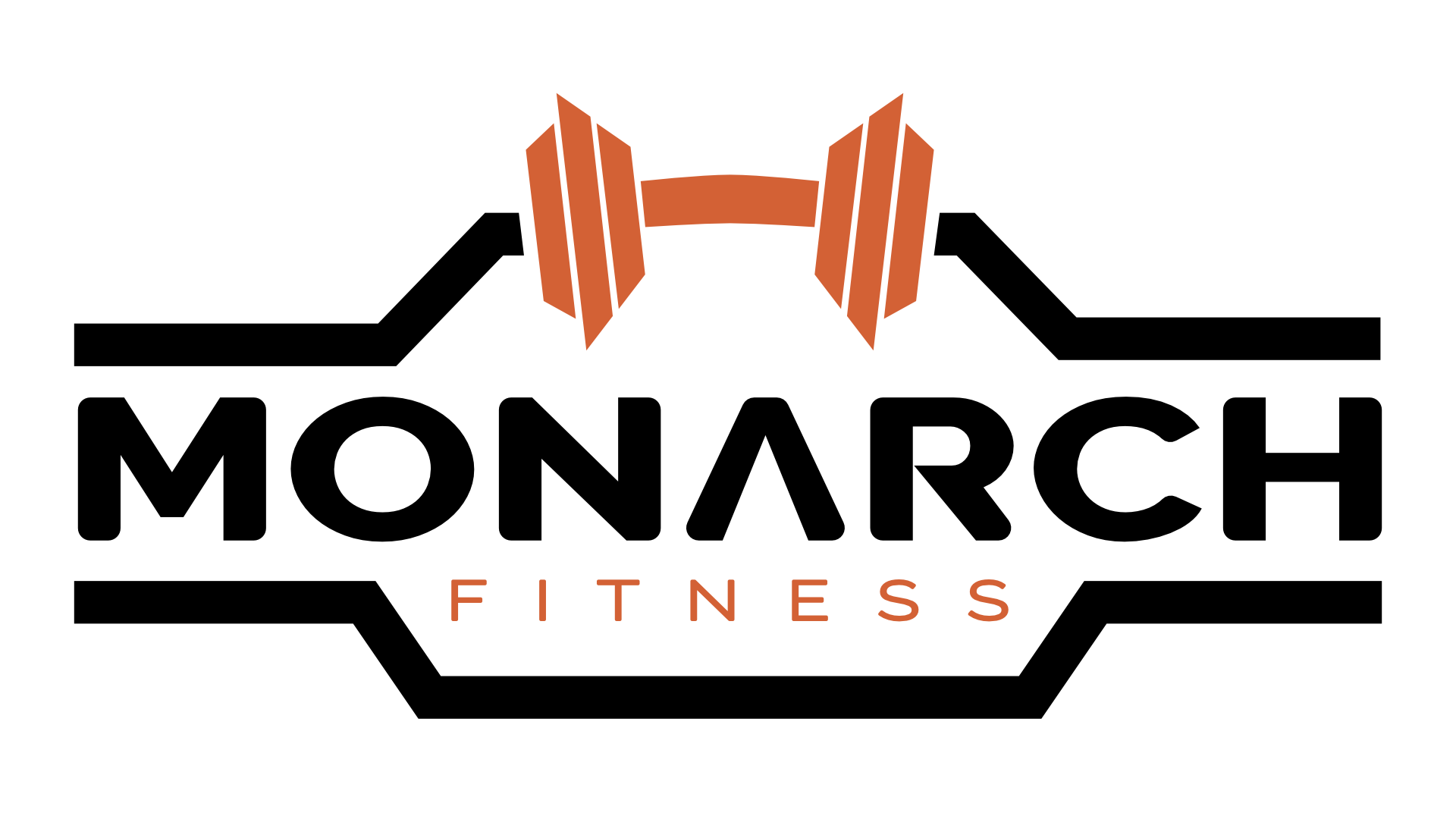Sleep: The Unsung Hero of Nutrition, Fitness, and Stress Management

Sleep: The Unsung Hero of Nutrition, Fitness, and Stress Management
In today’s fast-paced world, sleep often takes a backseat to packed schedules, work deadlines, and social obligations. But if you’re striving to optimize your nutrition, boost your fitness, or manage stress more effectively, sleep may be the missing link. Far from being passive downtime, quality sleep is a dynamic process that profoundly influences our metabolism, exercise performance, emotional resilience, and overall health.
Sleep and Nutrition: The Hormonal Balancing Act
Sleep plays a critical role in regulating the hormones that influence hunger and appetite. When we’re sleep-deprived, our bodies produce more ghrelin, the hormone that stimulates appetite, and less leptin, the hormone that signals fullness (Spiegel et al., 2004). This imbalance can lead to overeating and cravings, particularly for high-calorie, sugary foods.
Additionally, sleep deprivation affects insulin sensitivity. Even a few nights of insufficient sleep can impair the body’s ability to use insulin effectively, increasing the risk of weight gain and type 2 diabetes (Tasali et al., 2008).
Nutrition also impacts sleep quality. Diets rich in fibre and low in saturated fat and sugar have been linked to deeper, more restorative sleep (St-Onge et al., 2016). Nutrients like magnesium—found in leafy greens, nuts, and whole grains—support melatonin production and nervous system regulation, helping you fall and stay asleep.
Sleep and Fitness: Recovery and Performance
If you’ve ever tried to work out after a restless night, you know how hard it can be. Sleep is essential for physical recovery, muscle repair, and mental focus, all of which are critical for athletic performance.
During deep sleep, the body releases growth hormone, which facilitates muscle repair and growth. Without adequate rest, you’re more likely to experience reduced strength, slower reaction times, and higher injury risk (Fullagar et al., 2015).
Even modest sleep improvements can enhance fitness. In one study, basketball players who increased their sleep duration to 10 hours a night improved sprint times and shooting accuracy (Mah et al., 2011). This shows that sleep isn’t just helpful—it’s a performance enhancer.
Sleep and Stress Management: Resetting the Nervous System
Sleep and stress have a complex, two-way relationship. High stress levels can interfere with sleep, and lack of sleep can increase stress. Sleep deprivation triggers the release of cortisol, the body’s primary stress hormone, keeping you in a constant state of alertness.
During deep non-REM sleep, the sympathetic nervous system (fight-or-flight) quiets down, while the parasympathetic nervous system (rest-and-digest) takes over. This helps your body reset, process emotions, and recover from mental strain (Walker, 2017).
Quality sleep improves emotional regulation, enhances mood, and strengthens your ability to handle stress. If you’re feeling overwhelmed, a good night’s sleep might be more effective than any quick fix.
Simple Strategies for Better Sleep
Improving your sleep doesn’t require a complete lifestyle overhaul. Try these proven tips:
• Stick to a consistent schedule: Wake up and go to bed at the same time every day—even on weekends.
• Create a calming environment: Keep your room dark, quiet, and cool. Use blackout curtains and a fan or white noise machine if needed.
• Avoid screens before bed: Blue light from devices interferes with melatonin production. Aim for screen-free time at least one hour before sleep.
• Watch your intake: Reduce caffeine and alcohol, especially later in the day.
• Wind down with intention: Establish a relaxing bedtime routine—try stretching, meditation, or reading a book.
Conclusion: Sleep is the Foundation of Wellness
Sleep is not just a passive activity—it’s a powerful ally in achieving your health goals. It regulates appetite, boosts physical performance, and equips your brain to handle stress. In the pursuit of better health, it’s easy to obsess over diets and workouts, but neglecting sleep can quietly sabotage your progress.
So next time you’re tempted to skip sleep in favour of productivity or late-night scrolling, remember: you’re not being lazy by going to bed—you’re being strategic.
References
• Spiegel, K., Tasali, E., Penev, P., & Van Cauter, E. (2004). Sleep curtailment in healthy young men is associated with decreased leptin levels, elevated ghrelin levels, and increased hunger and appetite. Annals of Internal Medicine, 141(11), 846–850.
• Tasali, E., Leproult, R., Ehrmann, D. A., & Van Cauter, E. (2008). Slow-wave sleep and the risk of type 2 diabetes in humans. Proceedings of the National Academy of Sciences, 105(3), 1044–1049.
• St-Onge, M. P., Mikic, A., & Pietrolungo, C. E. (2016). Effects of diet on sleep quality. Advances in Nutrition, 7(5), 938–949.
• Fullagar, H. H., Skorski, S., Duffield, R., Hammes, D., Coutts, A. J., & Meyer, T. (2015). Sleep and athletic performance: the effects of sleep loss on exercise performance, and physiological and cognitive responses to exercise. Sports Medicine, 45(2), 161–186.
• Mah, C. D., Mah, K. E., Kezirian, E. J., & Dement, W. C. (2011). The effects of sleep extension on the athletic performance of collegiate basketball players. Sleep, 34(7), 943–950.
• Walker, M. (2017). Why We Sleep: Unlocking the Power of Sleep and Dreams. Scribner.



